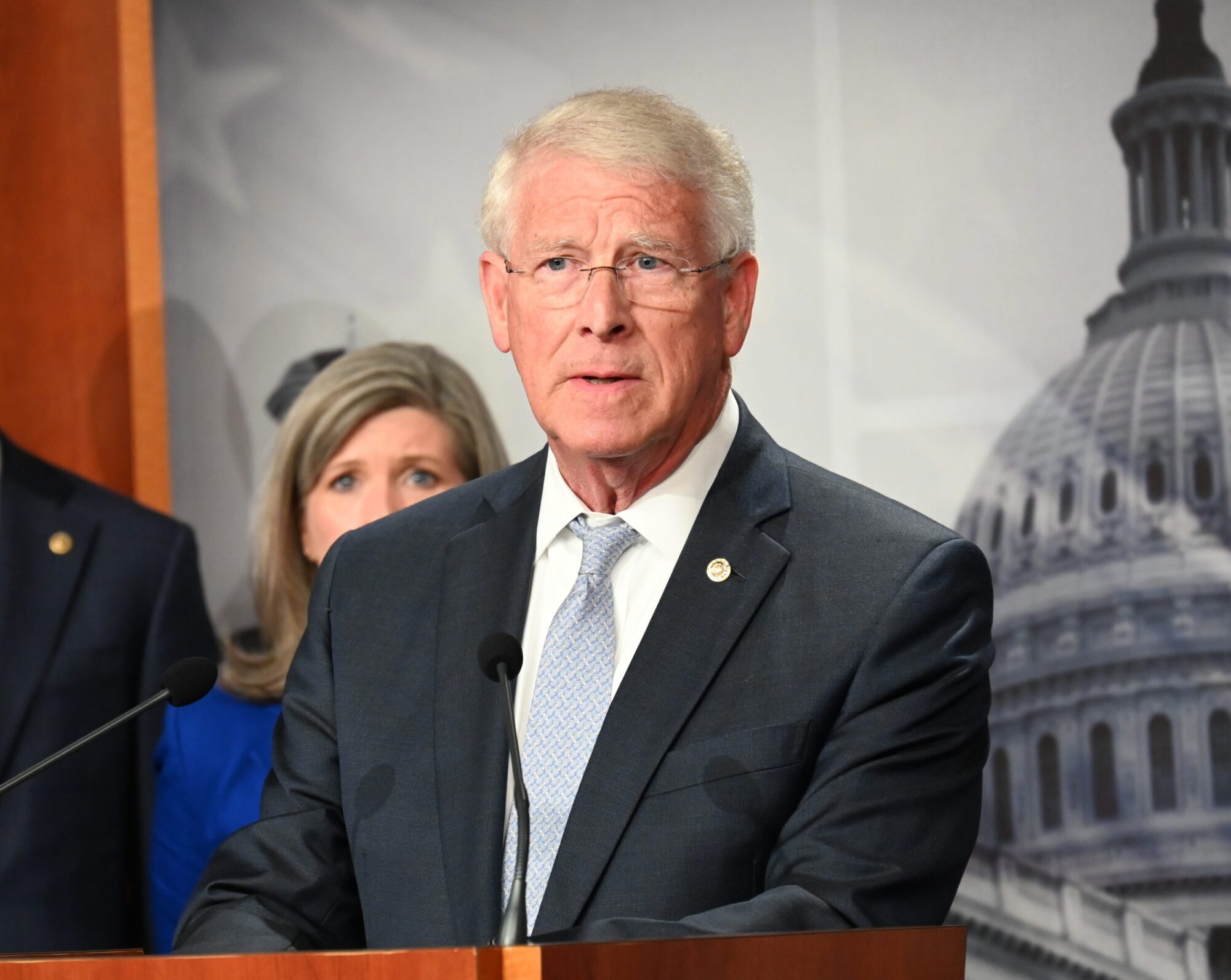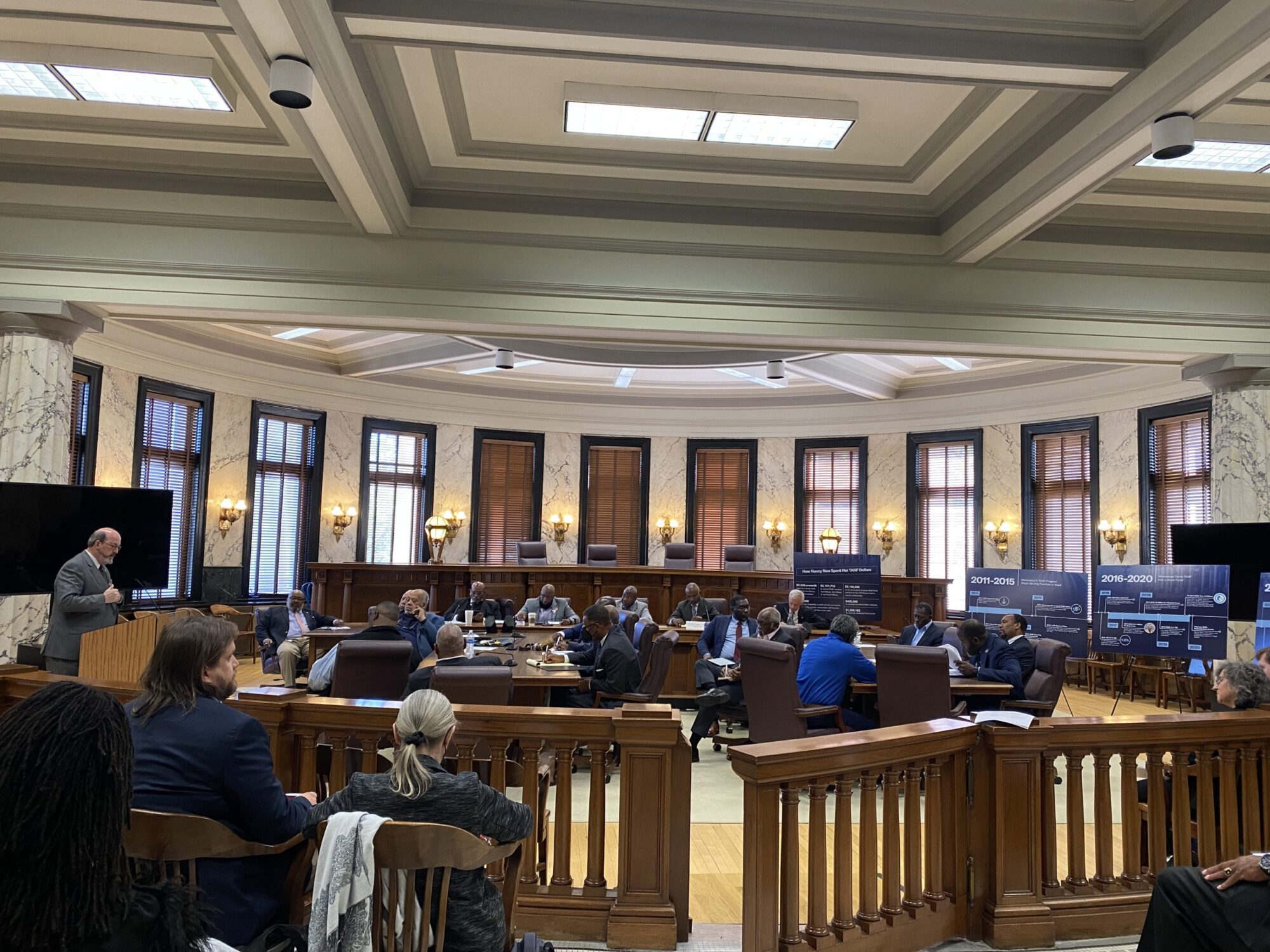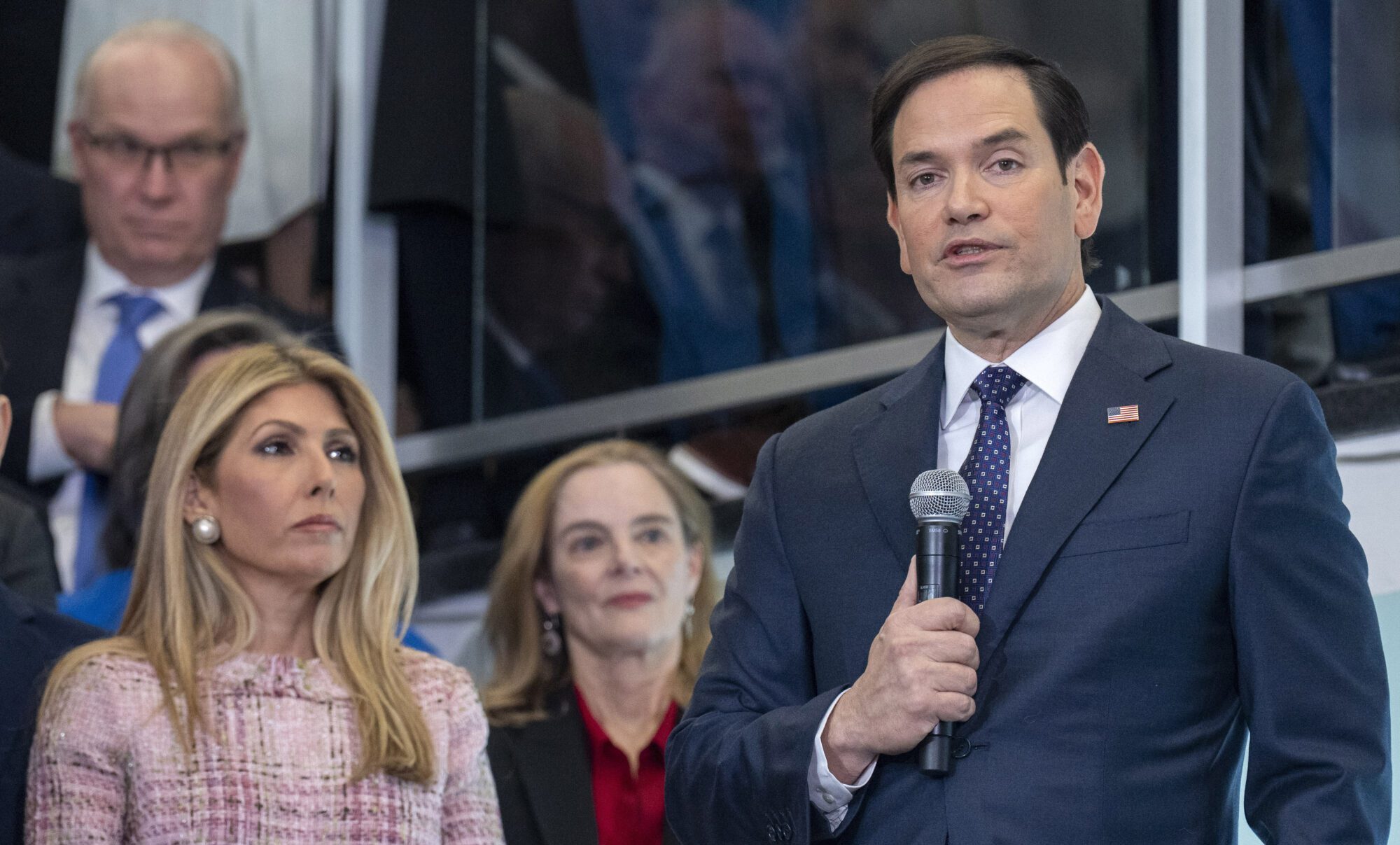
Sid Salter
By: Sid Salter
The Supreme Court heard oral arguments last week in a case that perhaps even more so than the controversial Mississippi-based Dobbs abortion ruling frames and defines the fractured state of public policy and politics in the U.S. between liberal and conservative camps.
The case was ostensibly about whether California in 2018’s Proposition 12 had the right to mandate the production methods used on farms in other states whose products are sold and consumed there. California voters cast their votes solidly in favor of what they view as basic animal rights and more humane conditions by mandating bigger cages for certain farm animals, including breeding pigs, veal calves and laying hens.
Massachusetts adopted similar legislation in 2016, but the law has remained unenforced pending the outcome of the high court’s review of the California case. But the legislation has drawn even more attention since the inflationary spiral after the Covid-19 pandemic drove food prices up over 10 percent.
Opponents of the legislation predict that the California and Massachusetts laws will increase pork, egg and veal prices even higher and that they may cause product shortages in those states as well. National Pork Producers Council v. Ross is the case filed after voters in California adopted Proposition 12 that finally reached the oral argument stage last week.
During those arguments, the justices of the highest court in the land heard impassioned arguments over what appears at face value to be animal rights, but on deeper review is truly about whether the voters of some states can impose their will and values on the citizens of other states in agriculture and commerce.
Abortion rights have divided the country for more than a half-century. The Dobbs decision overturned the Roe v. Wade decision that has in those 50 years most sharply divided the country between liberal Democrats and conservative Republicans – as well as more broad divisions between men and women. The abortion battle has long defined federal judicial nominations and confirmations.
While animal rights were the focus of the arguments before the court, liberal Supreme Court Justice Elena Kagan appreciated the possible scope of the decision the high court is contemplating. She said: “We live in a divided country. And the Balkanization that the framers were concerned about is surely present today.”
Later in the arguments, Kagan asked: “Do we want to live in a world where we’re constantly at each other’s throats and, you know, Texas is at war with California and California at war with Texas?” Conservative Justice Brent Kavanaugh tracked those same concerns, asking: “What about a law that says you can’t sell fruit in our state if it’s produced — handled by people who are not in the country legally? Is that state law permissible?”
Legal analyst Amy Howe defined the NPCC legal challenge succinctly: “They argued that Proposition 12 violates what is known as the ‘dormant commerce clause’– the theory that, even if the Constitution does not explicitly say anything about state law, the Constitution’s grant of power over interstate commerce to Congress also means that states cannot pass laws that discriminate against interstate commerce.”
At face value, the stakes in the case are high for both sides. Humane Society of the U.S. CEO Kitty Block said shortly after oral arguments: “Today our counsel made a clear case to the Supreme Court on why states have the right to keep immoral and unsafe products out of their markets, including pork from cruelly confined pigs. As we await the Court’s decision, we applaud the many retailers and major pork producers who are already meeting consumers’ increasing demand for safer, more humane pork.”
The National Pork Producers Council said: “As we’ve contended since 2018, one state should not be able to regulate commerce in another state and set arbitrary standards that lack any scientific, technical, or agricultural basis. NPPC presented a strong case and is confident in its arguments presented to the Supreme Court justices.”
The principle at issue is far more thorny than mere animal rights The outcome of the case has the potential for states and regions of the country – already sharply politically divided over Congressional representation and partisan choices in presidential campaigns – to shift into legislating their differences in the courts on issues as diverse as gun control, abortion and other politically radioactive issues rather than in Congress.











